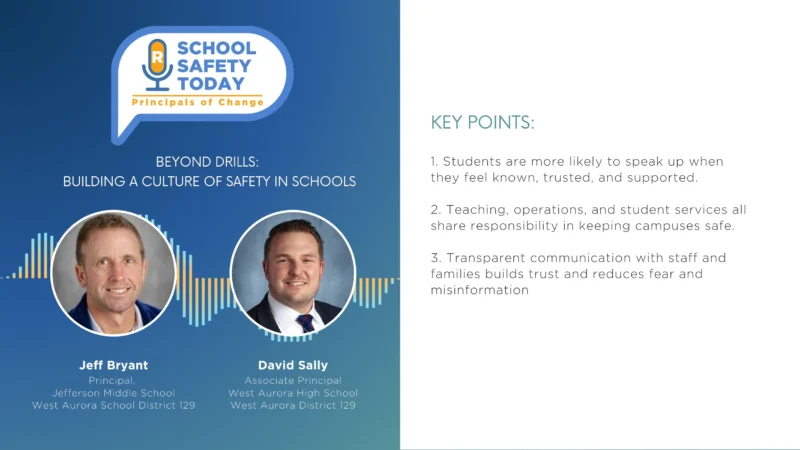Empowering Through Automation: The Real Impact on Today’s Jobs
Education is the name of the game in every modern industry. To help close the skilled labor gap, drive productivity and efficiency, and more, organizations need to engage in near constant – and always successful – workforce skills development and job skills training. Empowering through automation, they are transforming the landscape of job skills and providing a more effective platform for workforce training.
However, that can be easier said than done, particularly without a solid plan. On this episode of Cal TV from Calvary Robotics, host Joe Gemma, Global VP, Sales & Marketing for Calvary, was joined by FedEx’s Aaron Prather, Senior Advisor, Technology Planning and Research.
The duo explored the implications of automation in addressing the upskilling of workforces across a variety of industries. In the process, they unraveled the truth about automation not just “taking jobs,” but essentially empowering through automation, enabling humans to better leverage the skills robots can’t replicate, such as innovative thinking and project management.
“We’re still battling the crowd that likes to just say, ‘Technology kills jobs,’” Prather said. “It’s a nice bumper-sticker slogan they can just throw out there, and they don’t have to back it up with any kind of facts. You have to really fight that. … What automation allows us to do is automate certain tasks that are not very productive and can fall under dull, dirty and dangerous.”




